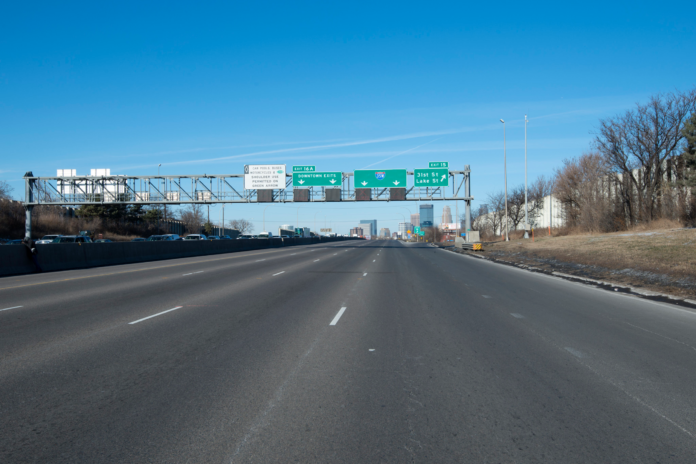State Democrats want to limit the number of miles Minnesotans can drive, according to a new bill making its way through the Legislature.
The “Sustainable Transportation Act” would require Minnesota to adopt a goal of reducing vehicle miles traveled by “at least 20% by 2050.”
Rep. Frank Hornstein, DFL-Minneapolis, said a reduction in vehicle miles traveled, or VMT, is needed “if we are going to make headway in reducing greenhouse gas emissions in the transportation sector.”
“Transportation is now the largest source of greenhouse gas emissions and we’ve had the least amount of reduction in the transportation sector,” Hornstein said during a Thursday hearing on his bill.
The Minneapolis lawmaker thinks that “driving less really is one of the key ways we can reduce greenhouse gases.”
Sam Rockwell, executive director of Move Minnesota, said the production and distribution of electric vehicles has not “happened fast enough to meet climate timelines.”
“We would have to be producing 100% electric vehicles within the next seven to eight years to achieve that,” he said while testifying in support of the bill.
Rockwell also called for making the VMT goals “legally enforced to make it more than just words on a page.”
Rep. John Petersburg, R-Waseca, pointed out that reducing vehicle use would also reduce revenue for the Department of Transportation, making it more difficult to fund some of the projects proposed in the bill, such as a new “electric vehicle infrastructure account.”
In response, Hornstein said he hopes legislators will eventually consider a “mileage-based user fee,” an idea U.S. Transportation Secretary Pete Buttigieg expressed support for Friday.
“The gas tax used to be the obvious way to do it. It’s not anymore, so a so-called vehicle-miles traveled tax or mileage tax, whatever you want to call it, could be a way to do it,” he said.
Transportation Secretary Pete Buttigieg says taxing drivers by the mile “shows a lot of promise” and could be a way to fund a big infrastructure overhaul. pic.twitter.com/fkI5nWt7sr
— The Recount (@therecount) March 26, 2021
The consensus among supporters of Hornstein’s bill was that it wouldn’t be fair to expect rural communities to reduce VMT equally to the metro. As such, some suggested setting higher VMT-reduction goals for the metro area by ensuring easy access to public transportation.













